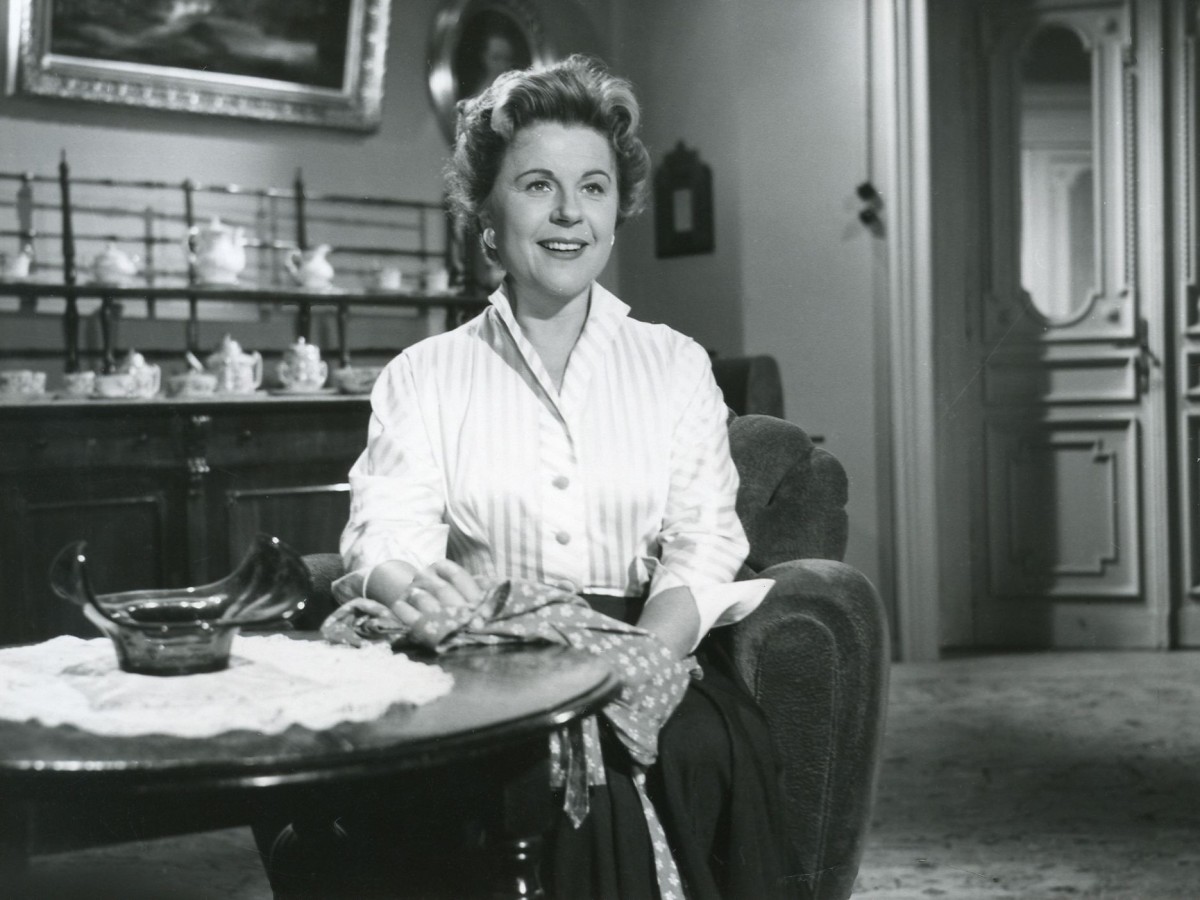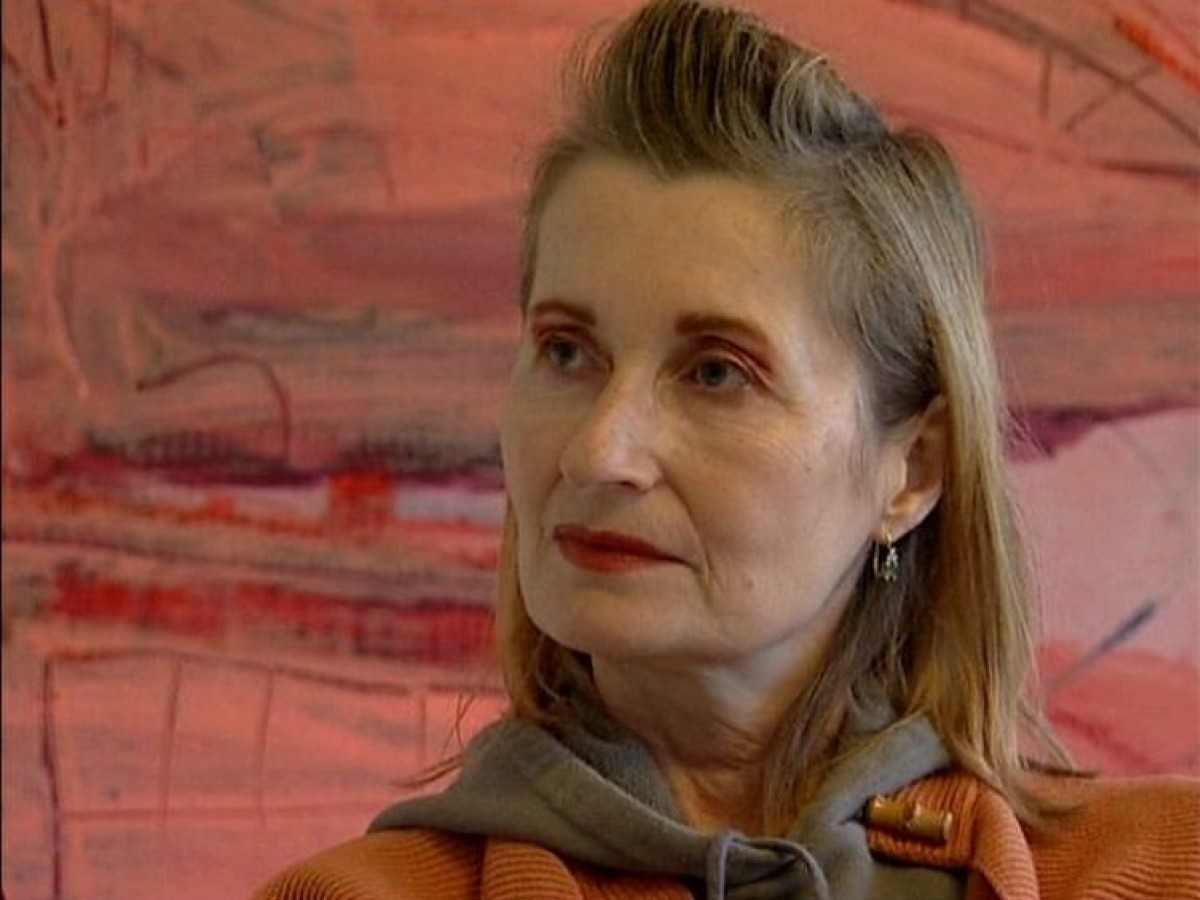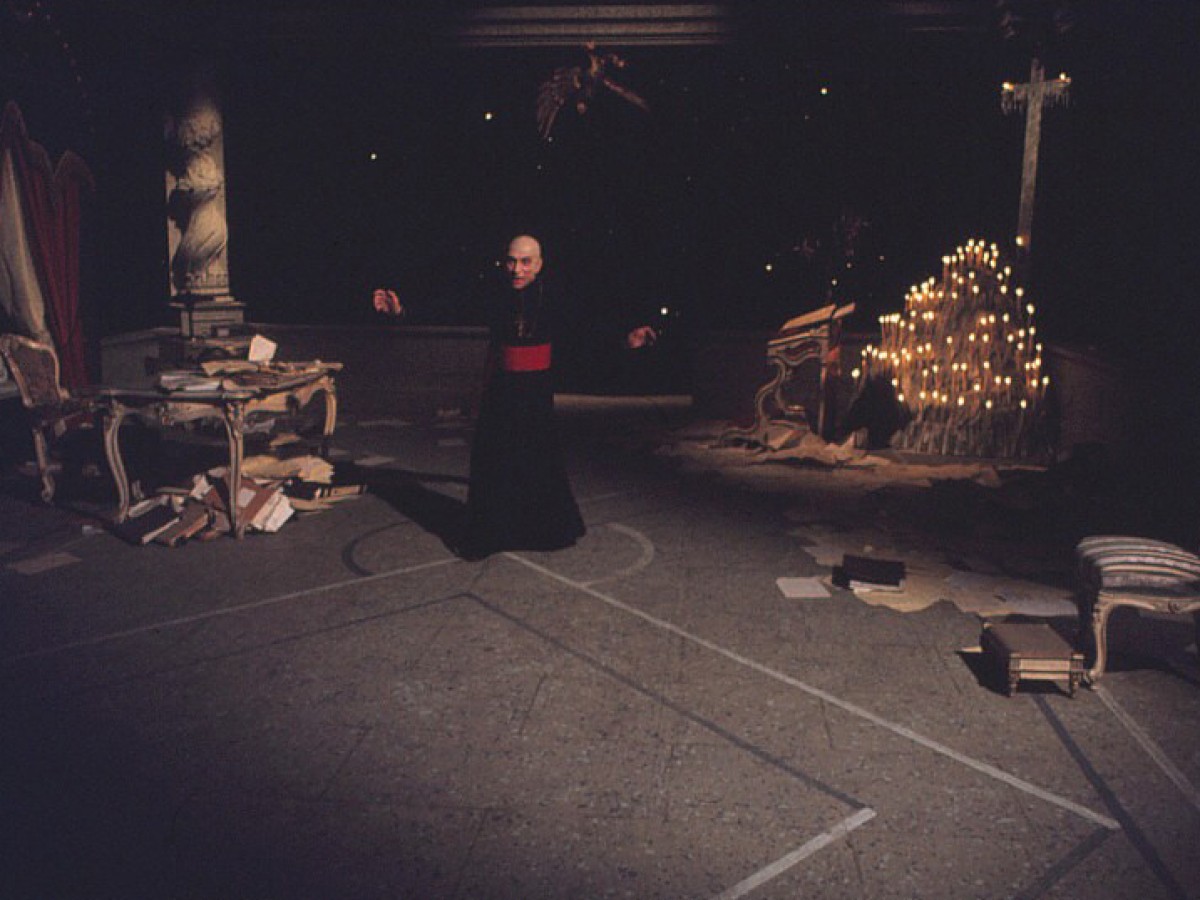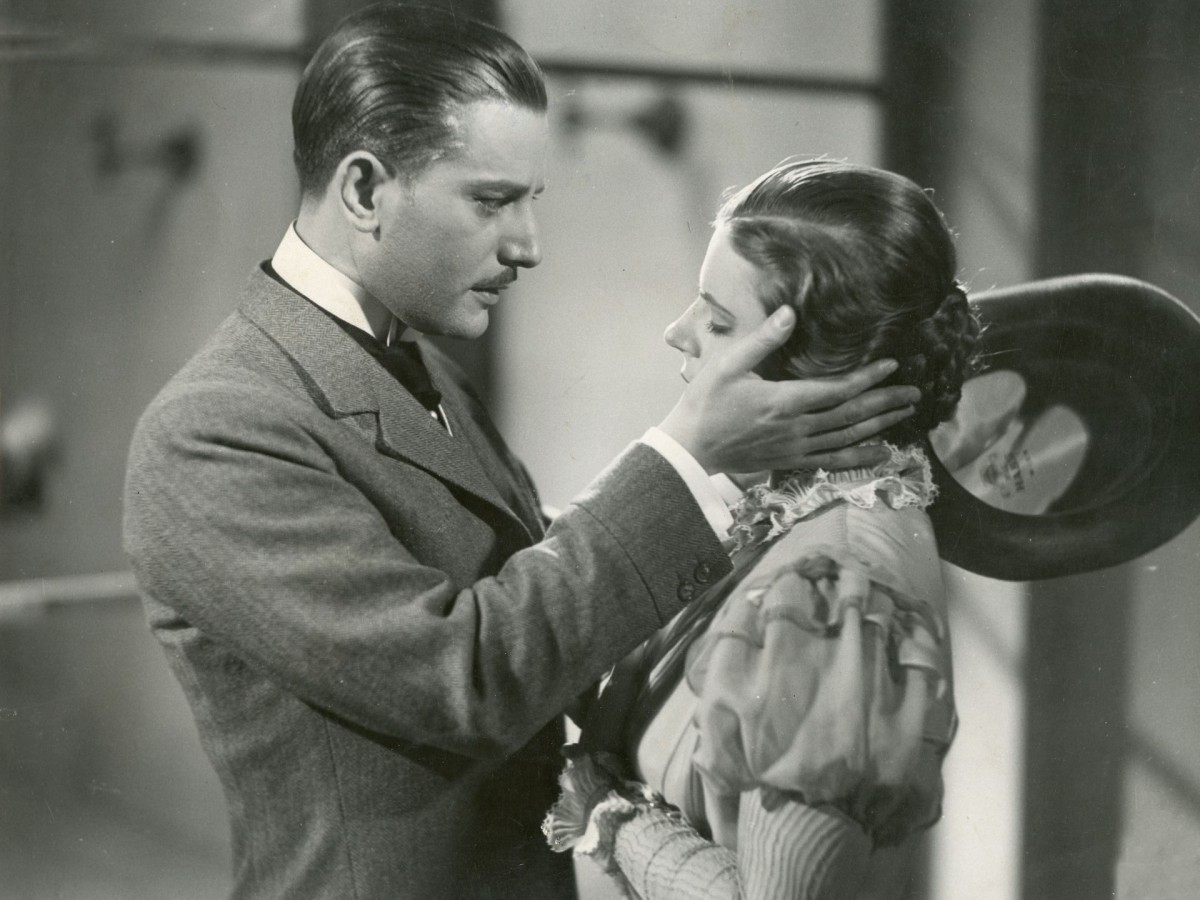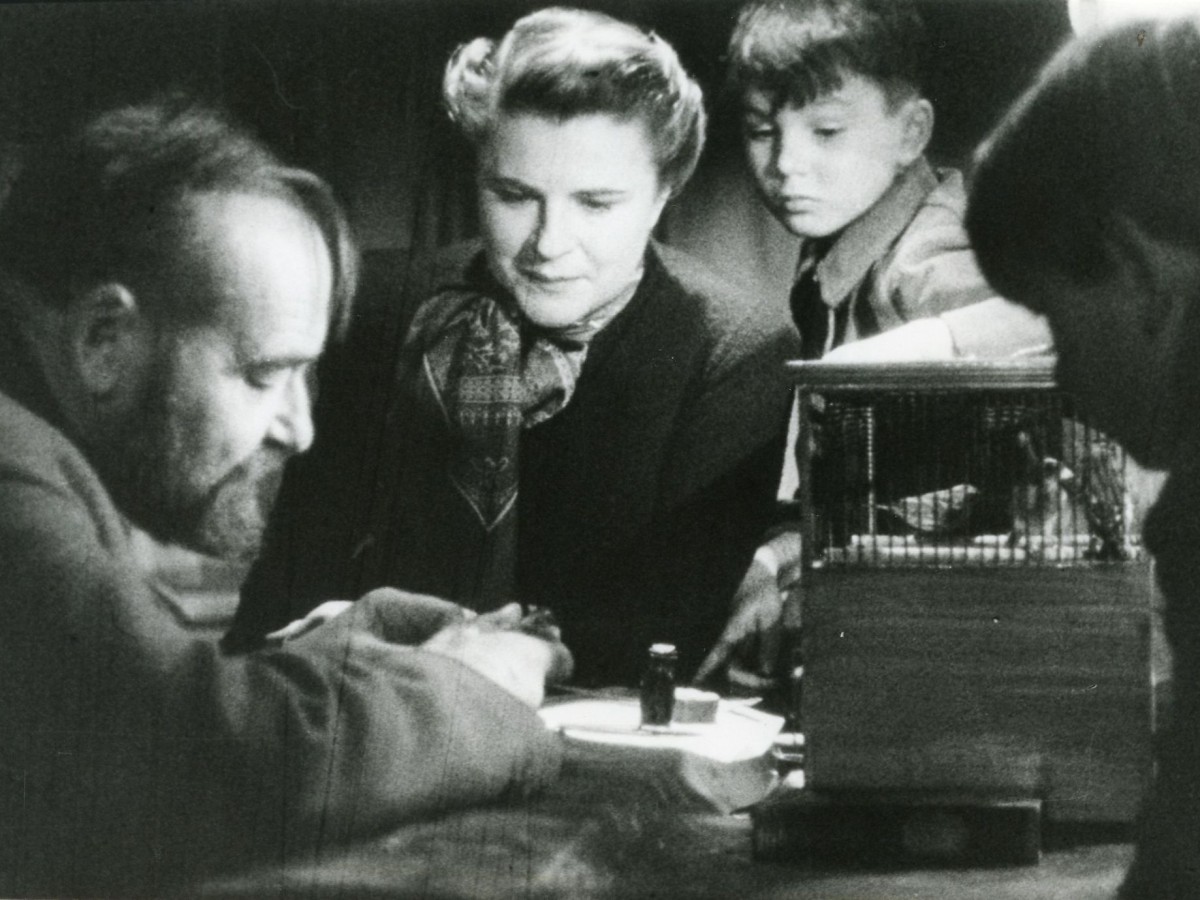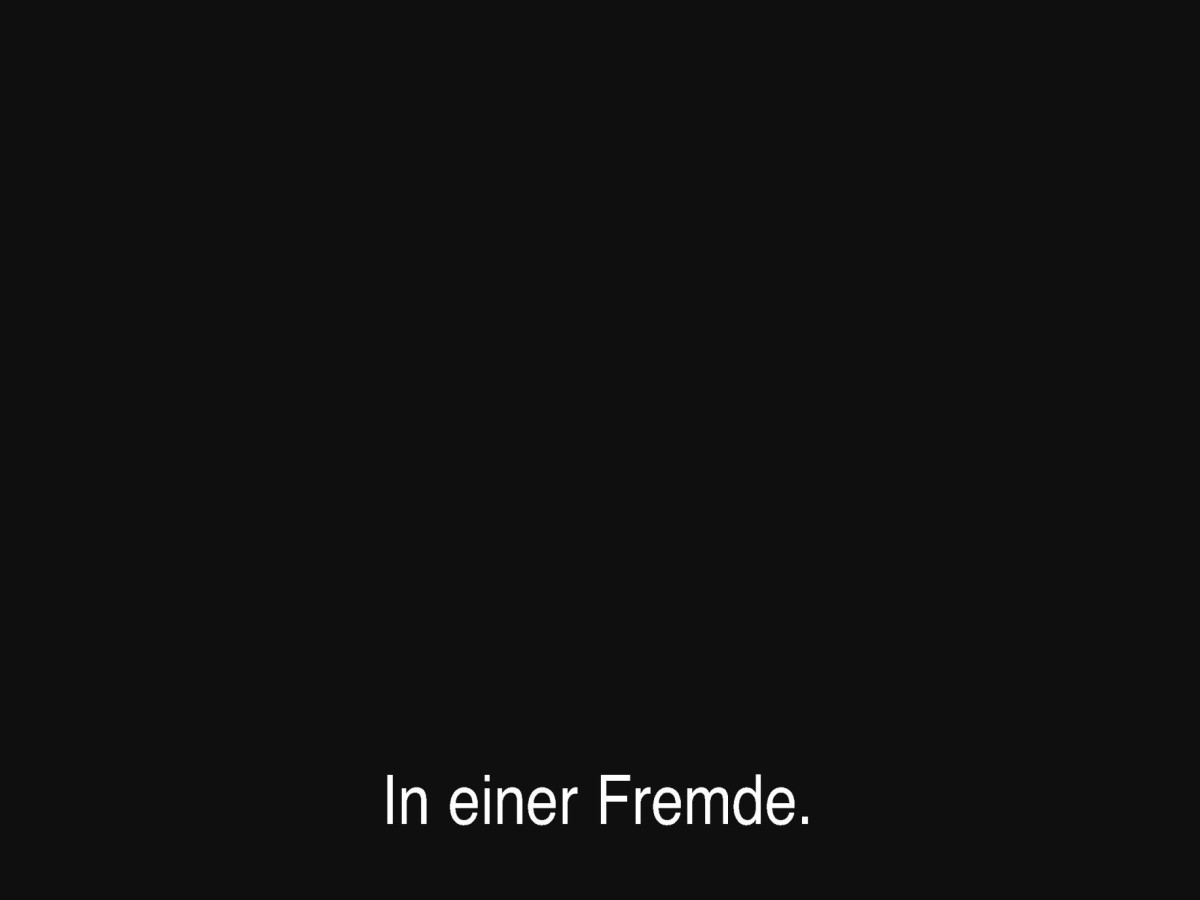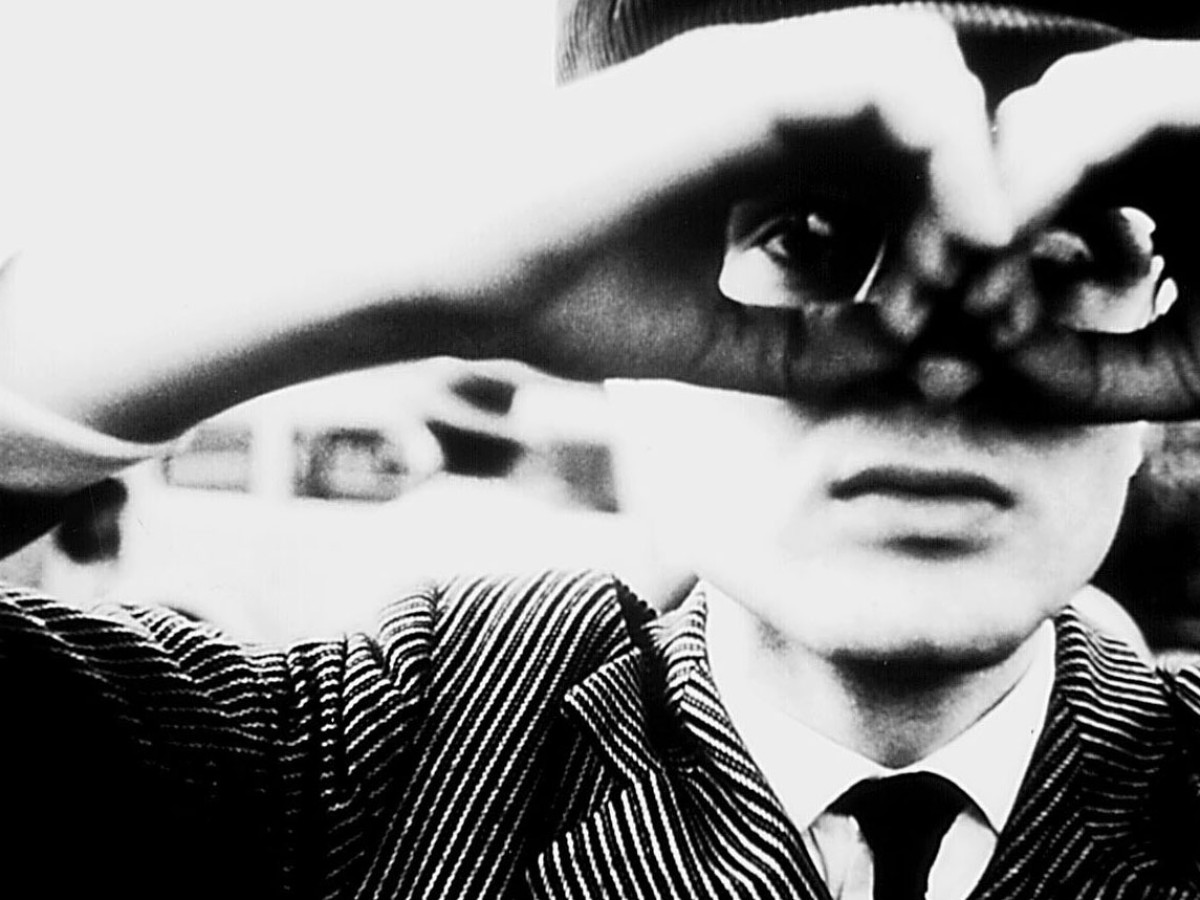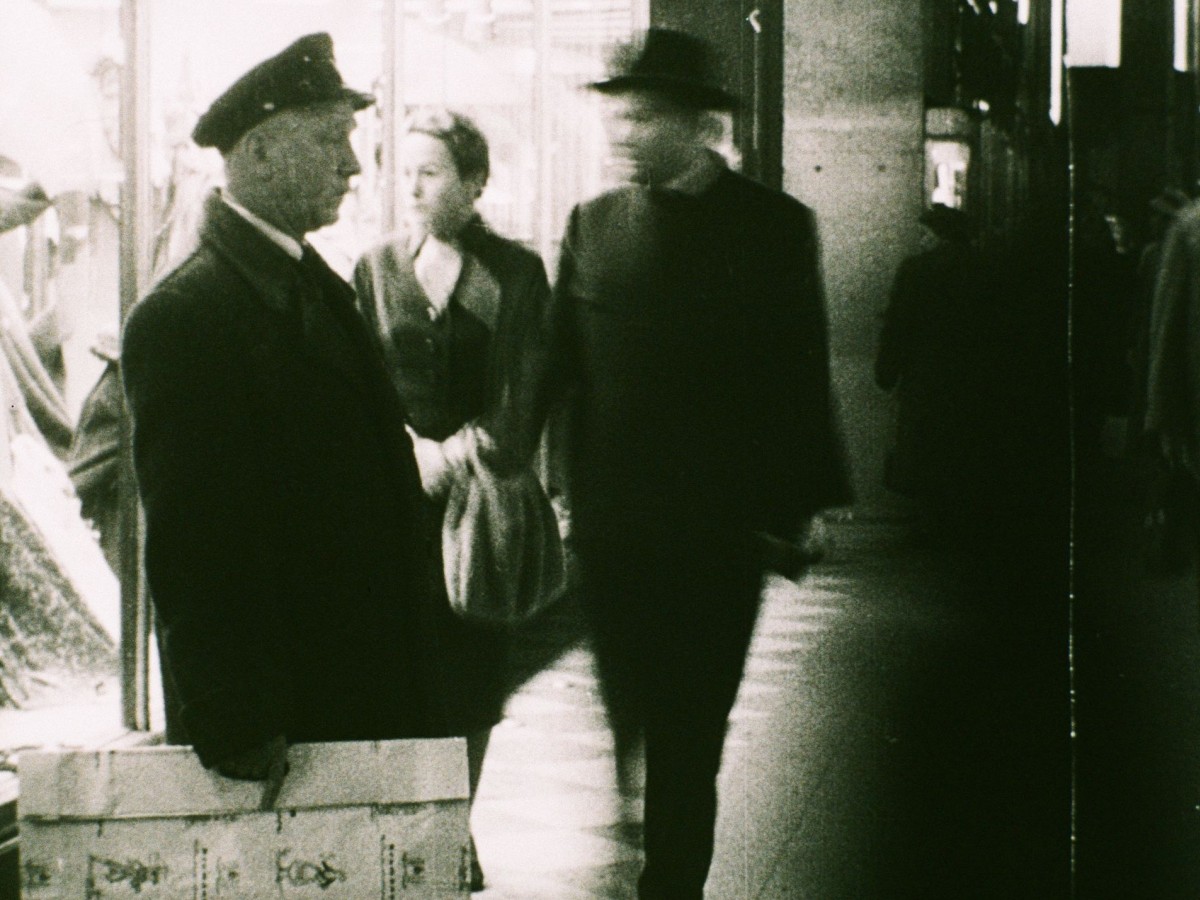Cleaning House
Elfriede Jelinek, Paula Wessely and the Befouled Nest
April 29 to May 1, 2017
Vienna, 1941: the setting of Elfriede Jelinek's play Burgtheater (1985). It represents the "absent horizon" of this film and lecture series – as absent as it was 30 years ago, when it triggered a media scandal with long-lasting effects: the play that was hardly ever staged became an instant classic of Austrian literature. It was Die Zeit critic Benjamin Henrichs who, in the guise of a reactionary, ironically reported on the crux of the matter: "A miserable, clearly anti-Austrian effort, written by (could it be any different) a clearly Austrian author. (...) It ridicules (no: it stirs up hatred against) the Burgtheater family beloved by the whole Austrian people. Mother Käthe, father Istvan, brother Schorsch, accompanied by the terrible trio of daughters Mitzi, Mausi and Putzi – everyone in Vienna, and not only Vienna, knows who those characters are."
For those who no longer know: the character of Mother Käthe refers to Paula Wessely (1907–2000). In the 1930s, '40s and '50s, her films were consistently among the most heavily promoted cinematic events, representing a strong continuity between the Austro-Fascist, National Socialist and post-war film industries. In showing Maskerade (1934), Heimkehr (Homecoming, 1941) and Der Weg in die Vergangenheit (The Road into the Past, 1954), the program invokes these formations and "mother Käthe's" place in them. It also refers to the roads that led out of the past – films, novels, artworks that "cleaned" or "befouled" (depending on who you ask) the national nest, and whose tradition Jelinek belongs to. Films which, as early as the 1950s, articulated, in Marc Adrian's words, a "contradictory attitude towards life" – "We certainly knew the Paula Wessely films and all that nonsense." Films from the 1970s such as Alfred Kaiser's Ein drittes Reich and Franz Novotny and Otto M. Zykan's Staatsoperette belonged to the same effort, dedicating themselves to de(con)struction early on.
In 1985, Benjamin Heinrichs wrote about Burgtheater: "The feelings of all decent people are deeply hurt." Some of Wessely's films cause similar experiences in the audience, of course. And that's fine. After all, in order to remain decent, it is necessary to overcome feelings every once in a while.
The project and is organized in collaboration with the "Research Platform Elfriede Jelinek" (University of Vienna) and includes lectures by Gertrud Koch, Sabine Perthold, Bernhard Groß.
Vienna, 1941: the setting of Elfriede Jelinek's play Burgtheater (1985). It represents the "absent horizon" of this film and lecture series – as absent as it was 30 years ago, when it triggered a media scandal with long-lasting effects: the play that was hardly ever staged became an instant classic of Austrian literature. It was Die Zeit critic Benjamin Henrichs who, in the guise of a reactionary, ironically reported on the crux of the matter: "A miserable, clearly anti-Austrian effort, written by (could it be any different) a clearly Austrian author. (...) It ridicules (no: it stirs up hatred against) the Burgtheater family beloved by the whole Austrian people. Mother Käthe, father Istvan, brother Schorsch, accompanied by the terrible trio of daughters Mitzi, Mausi and Putzi – everyone in Vienna, and not only Vienna, knows who those characters are."
For those who no longer know: the character of Mother Käthe refers to Paula Wessely (1907–2000). In the 1930s, '40s and '50s, her films were consistently among the most heavily promoted cinematic events, representing a strong continuity between the Austro-Fascist, National Socialist and post-war film industries. In showing Maskerade (1934), Heimkehr (Homecoming, 1941) and Der Weg in die Vergangenheit (The Road into the Past, 1954), the program invokes these formations and "mother Käthe's" place in them. It also refers to the roads that led out of the past – films, novels, artworks that "cleaned" or "befouled" (depending on who you ask) the national nest, and whose tradition Jelinek belongs to. Films which, as early as the 1950s, articulated, in Marc Adrian's words, a "contradictory attitude towards life" – "We certainly knew the Paula Wessely films and all that nonsense." Films from the 1970s such as Alfred Kaiser's Ein drittes Reich and Franz Novotny and Otto M. Zykan's Staatsoperette belonged to the same effort, dedicating themselves to de(con)struction early on.
In 1985, Benjamin Heinrichs wrote about Burgtheater: "The feelings of all decent people are deeply hurt." Some of Wessely's films cause similar experiences in the audience, of course. And that's fine. After all, in order to remain decent, it is necessary to overcome feelings every once in a while.
The project and is organized in collaboration with the "Research Platform Elfriede Jelinek" (University of Vienna) and includes lectures by Gertrud Koch, Sabine Perthold, Bernhard Groß.
For each series, films are listed in screening order.
